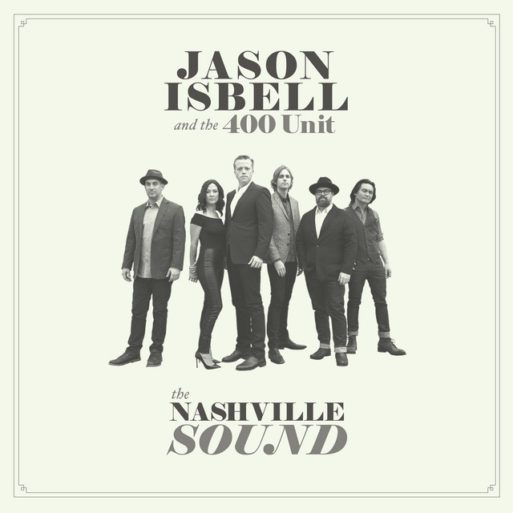 Human life is complicated, just ask Jason Isbell. How can it sometimes feel utterly tragic while simultaneously feeling so achingly beautiful? Isbell, one of the finest songwriters of the modern era, has attempted to express this paradox. And the results might just take your breath away.
Human life is complicated, just ask Jason Isbell. How can it sometimes feel utterly tragic while simultaneously feeling so achingly beautiful? Isbell, one of the finest songwriters of the modern era, has attempted to express this paradox. And the results might just take your breath away.
“If We Were Vampires” is an ode to the time we have together and the time we don’t have together. In the first verse, Isbell builds the story of a beautiful love with his trademark literary detail:
It’s not your hands searching slow in the darkOr your nails leaving love’s watermarkIt’s not the way you talk me off the roofYour questions like directions to the truth
But in the chorus, he drops the fancy imagery and hits us with a sledgehammer:
It’s knowing that this can’t go on foreverLikely one of us will have to spend some days aloneMaybe we’ll get forty years togetherBut one day I’ll be goneOr one day you’ll be gone
So many of us seek out the perfect love to make our lives complete, but even when you find it, Jason Isbell notes, it’s not going to last. And it’s not just the words that pierce. It’s the artists singing them.
Amanda Shires, a renowned singer and fiddle player, sings backup on the chorus. And Amanda Shires happens to be married to Jason Isbell. Isbell and his wife are both singing about how one day, one of them will be gone.

Isbell and Shires perform together on Late Night With David Letterman.
Credit: YouTube
But Isbell doesn’t just leave us grappling with the void, he fills it with meaning. He starts to ponder the futility of life without death:
If we were vampires and death was a jokeWe’d go out on the sidewalk and smokeAnd laugh at all the lovers and their plansI wouldn’t feel the need to hold your hand
Death is what can make love so painful, but without death, would we even love at all? This is the slippery paradox that Isbell has finally caught and nailed to the wall.
Jason Isbell and the 400 Unit won a 2017 Grammy for the Best American Roots song for “If We Were Vampires.” And if we really were vampires, we probably wouldn’t be moved by this song. Luckily for Jason Isbell, we are human beings, and we’re stuck in a beautiful paradox.

 Jason Isbell Reveals the Importance of Death in “If We Were Vampires”
Jason Isbell Reveals the Importance of Death in “If We Were Vampires”


 First the Wealth Gap, Now the U.S. Has a Growing Health Gap
First the Wealth Gap, Now the U.S. Has a Growing Health Gap
 How to Comfort A Dying Loved One
How to Comfort A Dying Loved One
 Our Annual Seven Holiday Gifts for Someone Who Is Grieving, 2024 Edition
Our Annual Seven Holiday Gifts for Someone Who Is Grieving, 2024 Edition














